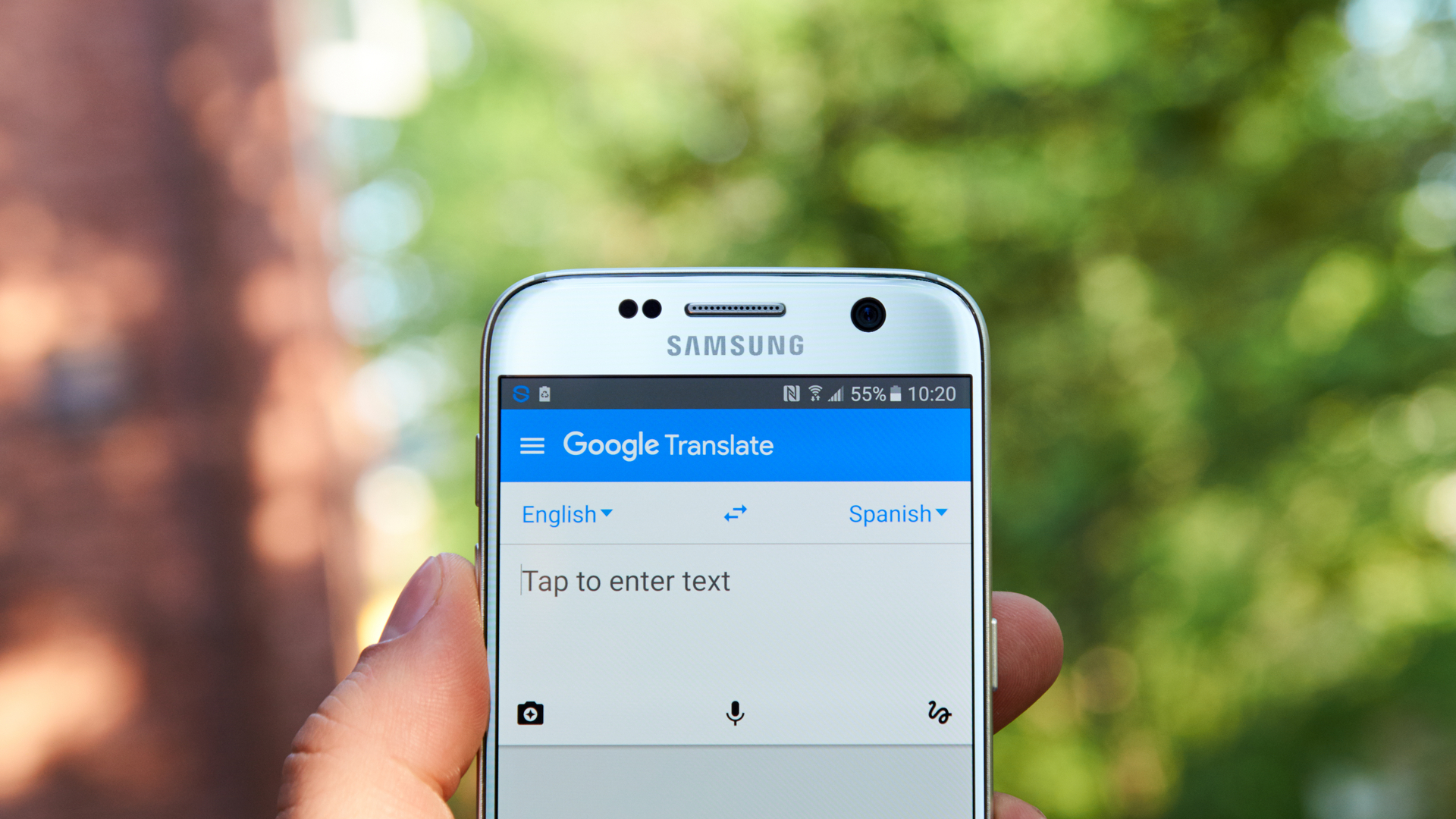Google's Translatotron AI could translate languages into your own voice
Speech-to-speech translation without the middle man

If you've ever visited a foreign country, you'll know how difficult it can be to get by when you don't speak the language – and even with apps like Google Translate readily available on most smartphones, using translation tools can be a hassle as you struggle to read out their results to puzzled locals.
If that scenario fills you with dread, you'll be pleased to know that Google is working on a new AI (artificial intelligence) model that effectively allows you speak another language in your own voice.
- The best translation software of 2019
- Check out our Google Home review
- Need something with a screen? Try our Google Home Hub review
Called Translatotron, the new model effectively cuts out the middle man when it comes to AI translation. For example, with Google Translate, you can currently speak into your phone's microphone in your own language, and Google will convert that into text in the language you want to speak.
Then, you have the option of reading the text out loud yourself, or playing an robotic-sounding audio clip of the translation.
In your own words
According to a blog post by Google, eschewing the usual process of speech-text-speech translation leads to "faster inference speed, naturally avoiding compounding errors between recognition and translation", and "better handling of words that do not need to be translated", like names and proper nouns.
Another cool effect of cutting out the middle man is that it becomes "straightforward to retain the voice of the original speaker after translation".
This means Google can process the sound of your voice as you speak into the microphone, with the resulting translation being played... in your own voice.
Sign up for breaking news, reviews, opinion, top tech deals, and more.
Spooky as that may sound, it could prove a significant step forward in the world of real-time language translation; after all, conversing with a robotic Google voice doesn't exactly enable natural conversations.
Although you can hear examples of Translatatron in action, the technology is still a work in progress, and therefore it may be a while until it replaces the current AI model used by Google Translate.
So, if you're planning a trip in the near future, it's probably worth taking that dog-eared phrasebook with you after all.
Via Gizmodo

Olivia was previously TechRadar's Senior Editor - Home Entertainment, covering everything from headphones to TVs. Based in London, she's a popular music graduate who worked in the music industry before finding her calling in journalism. She's previously been interviewed on BBC Radio 5 Live on the subject of multi-room audio, chaired panel discussions on diversity in music festival lineups, and her bylines include T3, Stereoboard, What to Watch, Top Ten Reviews, Creative Bloq, and Croco Magazine. Olivia now has a career in PR.